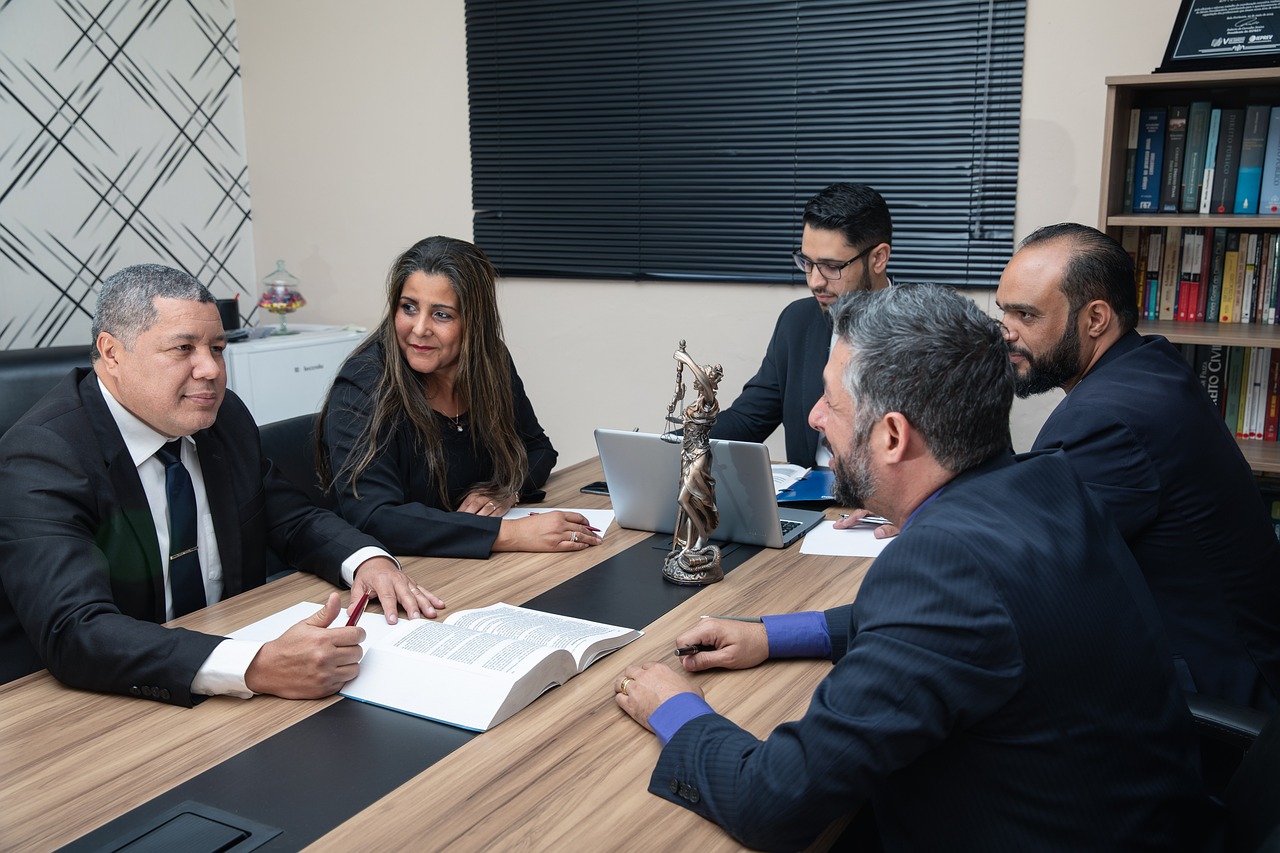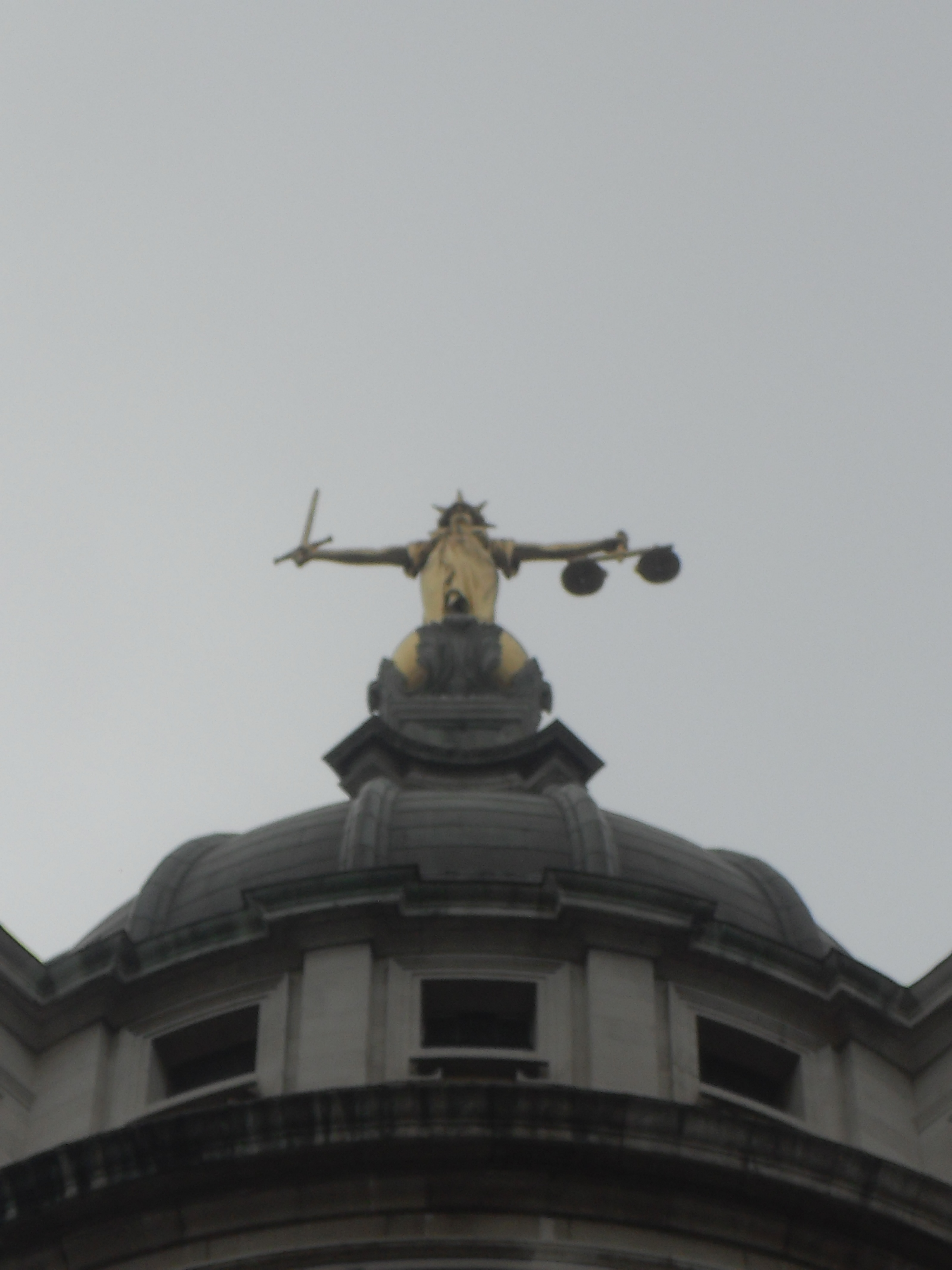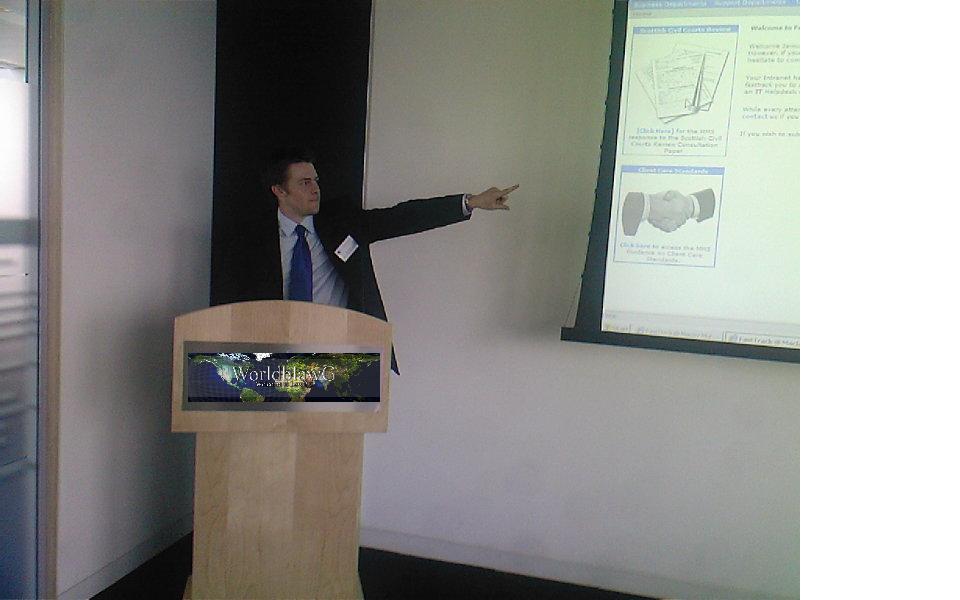
Compassionate and Expert Legal Support for Life’s Most Sensitive Matters Family law issues—whether related to divorce, child arrangements, or financial
Support for Dads and Mums Going Through Separation & Divorce Going through a divorce or separation is never easy—especially when

Medical negligence claims require legal professionals with deep expertise, unwavering compassion, and a relentless commitment to justice. In Scotland, some

By Amanda Hamilton, Patron, National Association of Licensed Paralegals (NALP) Paralegals are an integral part of any law firm or

Boating accidents encompass a range of incidents on the water, including collisions, capsizing, falls overboard, and other mishaps that result

New article by Gav Ward, Director of leading AI-driven legal marketing agency MLT Digital, and Founder of this legal tech

Foreword by our site’s Founder, Gav Ward: In my travels in the legal sector, one of the most underrated legal

Are you drawn to helping families through legal challenges? Becoming a top family lawyer in the UK could be the

While our mission is to be one of the world’s leading resources on law, digital and legal technology, helping the
BPP University Law School has unwittingly found itself at the centre of a media storm after leading legal news portal

I have already written a relatively comprehensive article about how law students and, indeed, practitioners can use mindmaps to study

In a former life I was a trainee solicitor at one of the biggest commercial law firms in Scotland. Below are eleven commandments which it would have been useful to follow from day one. If you have any queries, please contact me at gavin@wardblawg.com

There has been much written on the best ways to study law. From personal experience, it was difficult to get first class grades in law exams without utilising the tool of mindmaps. The man credited with the invention of the mindmap is Tony Buzan. The below information details personal experience of their use, not necessarily Tony’s experiences.
How to Write a First Class Law Dissertation – My honours law dissertation, top tips and a great video from an ex-Cambridge professor. Enjoy!
How to write a bibliography to conclude your first-class dissertation There are three stages for completing an abundant and competent
The conclusion to your dissertation is, arguably, the most important part and is, therefore, potentially a major differentiator between a first class dissertation and a second class one.
There are three things which you should bear in mind:-
Notwithstanding, the House of Lords effectively got human rights wrong, thus paving the way forward for reduced protection of Article 6 in the UK. However, this area is not devoid of hope; to effect compliance with this framework, Montgomery must be overturned, which does not appear too remote a possibility given the extensive criticism of the case.
Creative argument is essential if you’re going to get a first. Perhaps only unless your tutor or professor doesn’t know the topic well can you get away rehashing old argument and ideas that have been discussed thousands of times before.
Separating a dissertation into manageable chunks from the initial stages of structural planning gives you freedom to start afresh to write about a different but related topic once concluding another section. Access to a court, for instance, is a separate right from the right for a trial to be heard and decided within a reasonable time. It, thus, merits a separate chapter with its own introduction, subsections and conclusions.
A certain English teacher, Sandra MacCallum, at Kyle Academy once taught that, sometimes, “you’ve got to put your foot into the icy water”. Don’t be afraid to come to powerful conclusions.